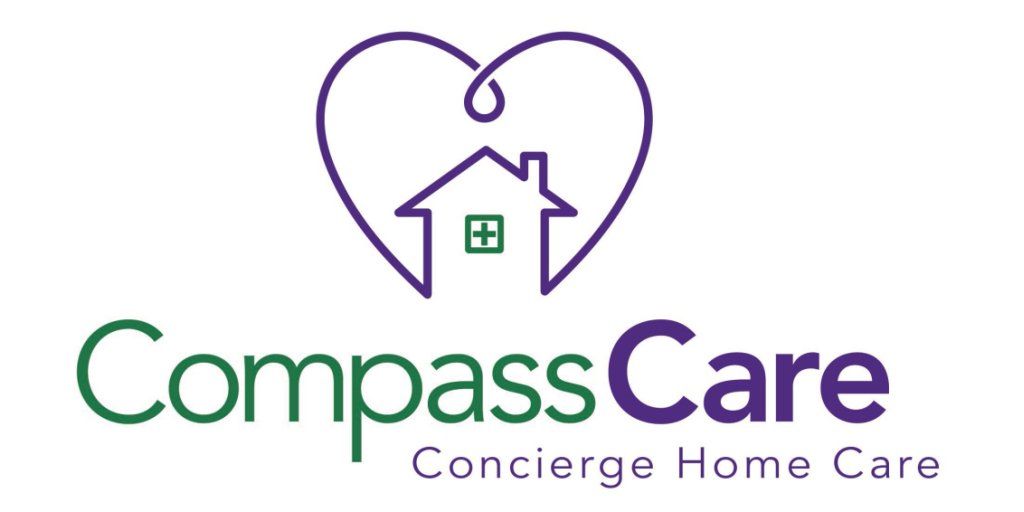10 Signs To Understanding That Your Aging Parent Needs Help
It can be difficult to know just when to start exploring home care services for a parent or loved one. From expired foods in the refrigerator to frequent falls, there are certain signs that suggest that an aging parent may be in need of help. Many adult children struggle with knowing when is the right time to explore options and where to go for assistance. Common questions include: My mother seems lonely and is not taking care of her personal care needs. Has the time come for her to move in with me? My father is calling multiple times a day because he’s lonely. Where can we find someone who can offer companionship? My parents keep missing appointments because they both stopped driving. How can I help when I live so far away? These are all common questions that adult children are faced with when they are responsible for the care of an elderly parent. And chances are, if you are asking these questions, it’s time to start exploring the idea of home care.Finding a company that can provide the help and support you need is a vital first step. As a concierge home care company, CompassCare understands that each person has a unique set of circumstances that has led to needing assistance at home. CompassCare has formulated a unique approach to personal assistance, companionship and home care which safely empowers independence for older adults while providing peace of mind for family members.
10 SIGNS THAT IT’S TIME TO ASK FOR HELP
1. You realize your loved one is forgetting to pay the bills. Are bills being paid late or not at all? Perhaps you have noticed that certain bills, such as credit cards, are falling through the cracks, and utility bills are consistently past due.
2. You discover symptoms of medication mismanagement. Is there a noticeable change in your mother or father’s behavior? Have they lost or gained weight without understanding why? Or perhaps they seem more anxious and depressed, or they are more tired than usual and sleeping more during the day. Perhaps there are full bottles of prescription pills in the medicine cabinet. All of these are possible signs of medication mismanagement.
3. You have become responsible for your parent’s errands and keeping track of their appointments. Have you slowly taken over all of your parent’s errands such as picking up groceries and keeping track of their doctor appointments. Are you frequently rescheduling their missed appointments? If your calendar has become filled with errands that are your parents rather than your own, this is a sign he or she needs extra help. The constant management of a parent can slowly become a burden.
4. You are concerned about your parent’s driving safety. If you have not driven with your mother or father in a while, it’s a good idea to take a drive with them. How is his or her reaction time? Do you feel safe? Are there unexplained dents or damage on their car? Concerns about your loved one’s driving safety is often a sign that it may be time to ask for help.
5. You worry about that your parent will slip and fall. Falls are the leading cause of injury related death among older adults and the leading cause of nonfatal injury related to hospitalization for trauma according to The Center for Disease Control and Prevention. The fear of falling is often the first sign that it is time for home care.
6. You have noticed a decline in the dress and hygiene of your parent. When you visit your parent, have you noticed that he or she is wearing dirty clothes or perhaps they are wearing the same clothes as the last time you visited? These are signs that the hygiene of your parent is beginning to suffer.
7. You and your siblings are getting more frequent phone calls. Is your mother or father calling multiple times a day and at all hours? Have their friends let you know that your parent is calling them more frequently as well? These are signs that your parent may be feeling lonely and may be feeling depressed. Consider this a cry for help.
8. You notice that short-term memory is slipping and it’s getting more difficult for your parent or loved one to manage day to day. Is your parent losing or misplacing keys, wallets, and other important items? Are they repeating themselves more often? This is a difficult time for adult children to understand and manage on their own.
9. You are noticing more frequent bumps and bruises. Have you noticed bruises or scratches without a reason or explanation? Your parent may be hiding minor incidents. Small incidents can lead to bigger accidents. Your parent’s health, safety and well-being can be overseen by help in the home.
10. Your mother or father has lost interest in activities and hobbies that they once enjoyed. It can be difficult to see when your parent is no longer doing the things they once loved like playing cards, having lunch or dinner with a friend, watching movies or listening to music. This can be a sign of depression or a lack of ability to perform certain tasks on their own anymore.
If you notice any of these signs, it’s a good idea to write down your observations and concerns. Talk with your siblings and other relatives, and begin to consider your options. To find out more about CompassCare’s home care services, call (855) 535-2500 or (203) 951-1188.
